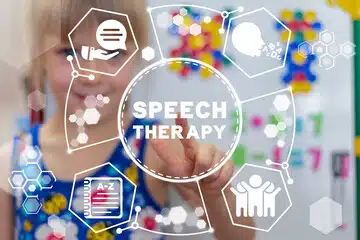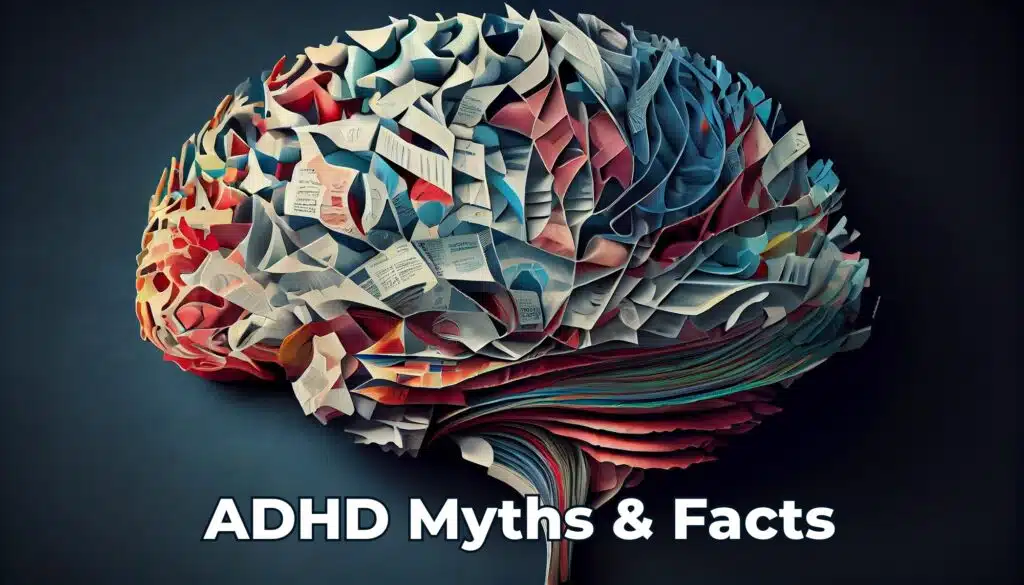Oppositional defiant disorder (ODD) is a childhood behavioral condition characterized by hostility, obstinacy, and defiance toward peers, parents, teachers, and other authority figures.
https://www.hopkinsmedicine.org/health/conditions-and-diseases/oppositional-defiant-disorder
Approximately one in ten children below the age of twelve years are believed to have ODD, and boys outnumber girls by two to one.
ODD is part of a class of behavioral problems known as disruptive behavior disorders, which include attention deficit hyperactivity disorder (ADHD) and conduct disorder (CD).
Children with ODD who are not treated may continue to be antisocial and obstinate as adults. This can affect their career prospects, relationships, and quality of life. Early treatment of ODD is crucial to avoid harmful effects later in life.
Some children with ODD develop the more serious conduct disorder (CD), which is characterized by violent behavior and breaking the law.
https://www.betterhealth.vic.gov.au/health/conditionsandtreatments/oppositional-defiant-disorder-odd
Symptoms of oppositional defiant disorder (ODD)
Symptoms of ODD can be seen in children who are as young as three years old, though they are usually detected when a child is in primary school. A child who is affected by ODD may display some of these symptoms:
- Low frustration threshold
- Being easily irritated or angered
- Blaming others for any bad behavior or accidents
- Recurrent temper tantrums
- Low self-esteem
- Seems to be trying to annoy others
- Arguing often with adults, particularly parents
- Refusing to follow rules
ODD is linked to conduct disorder (CD)
In the absence of treatment, some children affected by ODD may develop conduct disorder (CD), which is characterized by violent and criminal behaviors like:
- Abusing others physically or sexually
- Telling lies
- Breaking the law by stealing, vandalizing, and lighting fires
- Treating people and animals cruelly
How is ODD diagnosed?
ODD can be diagnosed by a pediatrician, child psychologist, or child psychiatrist who specializes in behavioral problems. Diagnosis involves detailed interviews with the child (if he/she is old enough), teachers, and parents.
The child’s behavior is compared with the checklist for ODD compiled by the American Psychiatric Association.
https://www.betterhealth.vic.gov.au/health/conditionsandtreatments/oppositional-defiant-disorder-odd
How is ODD treated?
Starting treatment for ODD early can help to avoid future problems. Parents may need to try out different therapies and therapists until they find what works for them. Some of the forms of treatment for ODD are:
- Family therapy helps to improve communication and interactions within the family.
- Peer group therapy helps the child to develop better interpersonal and social skills.
- Cognitive behavioral therapy (CBT) teaches the child how to communicate, solve problems, manage anger, and control impulses.
- Medication is not usually used to treat ODD, but a child may need it to treat related symptoms or disorders like ADHD.
https://www.hopkinsmedicine.org/health/conditions-and-diseases/oppositional-defiant-disorder
Tips for managing ODD
Parent management training (PMT) teaches parents to change the way they react to their child’s behavior. They learn how to use carrots and sticks to deal with their child. This involves giving clearly defined rewards and praise for good behavior and imposing consequences for bad behavior.
For example, calmly ask your child to do something. If you get no response for a few minutes, remind the child about what you had asked him/her to do and about the consequences for not doing it. If you have to remind your child a third time, he/she will have to bear the pre-decided consequences. This could be no phone, video games, or TV for two hours. The punishment needs to be appropriate for the misconduct.
Teachers, grandparents, minders, and other adults who spend time with your child need to consistently use the same carrots and sticks that you use. If even one of them relaxes the rules, it can undermine the discipline plan.
https://www.additudemag.com/slideshows/how-to-deal-with-a-child-with-odd-and-adhd/
References:
https://raisingchildren.net.au/school-age/health-daily-care/mental-health/odd
https://www.betterhealth.vic.gov.au/health/conditionsandtreatments/oppositional-defiant-disorder-odd
https://www.marklemessurier.com.au/main/articles/Tips.pdf
https://www.hopkinsmedicine.org/health/conditions-and-diseases/oppositional-defiant-disorder
Ask the doctor about others who will be involved in taking care of your child. This may include psychiatrists, psychologists, social workers, therapists, and counselors.
Inform others if your child has conduct disorder, and work with the doctor and school to make a treatment plan.
If you feel stressed out or overwhelmed, seek support from other parents of children with ODD. Ask your child’s doctor about support groups for caregivers of children with ODD.
https://www.hopkinsmedicine.org/health/conditions-and-diseases/oppositional-defiant-disorder



